Program of Study Facilitators
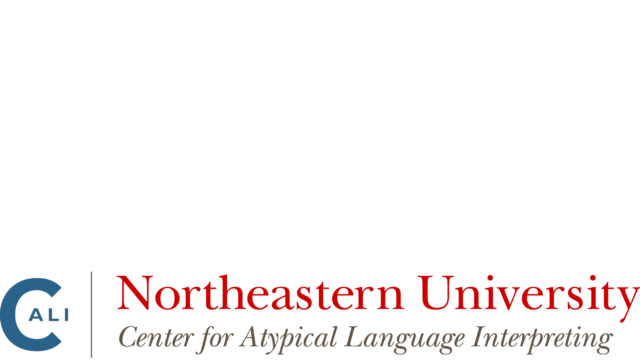
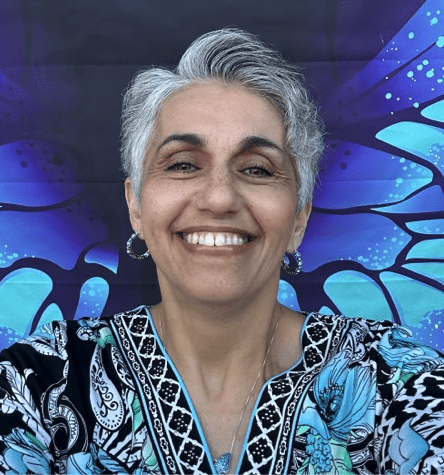
Module 1– An Introduction to Atypical Language: Contributing Factors and Implications
Rosemary Wanis is a Certified Deaf Interpreter living in Central California with her parents and adult-teen daughter. She was born Deaf to hearing parents in Egypt. Rosemary learned ASL in college and graduated with a BA in Psychology, then she went to Gallaudet University where her identity as a Deaf person grew. She obtained her Masters in Social Work and Masters in Administration & Supervision in 1998 at Gallaudet. After graduation, she returned to California. There, she earned her Doctorate in Educational Leadership from Fresno State in 2018. Rosemary became a Certified Deaf Interpreter in 2005 and in 2014 became a trainer using the NCIEC Deaf Interpreter Curriculum. Rosemary is adjunct faculty at two colleges teaching Deaf Studies and Interpreting. She has been involved with the Center for Atypical Language Interpreting since 2018 as a meta-facilitator, module, PAVE, and induction facilitator.
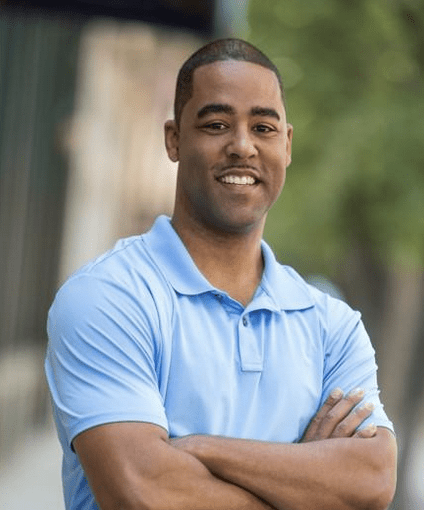
Module 2– Working with Individuals Exhibiting Atypical Language: Unpacking Our Bias, Understanding Our Privilege
Brent Tracy is a native Bostonian and Deaf-Parented Interpreter (DPI) with 25+ years of professional interpreting experience. Since starting his interpreting career at Gallaudet University in 1999, Brent has worn several professional hats: interpreter, coordinator, consultant, and presenter. He is both personally and professionally invested in the growth of the field and our community. In addition to running Equal Access Resources, Inc. as CEO, he volunteers for various organizations including DEAF Inc., DPI Member Section of RID, and CASLI. His aim is to leverage his influence to foster open dialogues that galvanize stakeholders and champion change. Outside of work, Brent enjoys spending his leisure time golfing, renovating his home, and creating unique handmade bow ties for his business KnotTied.
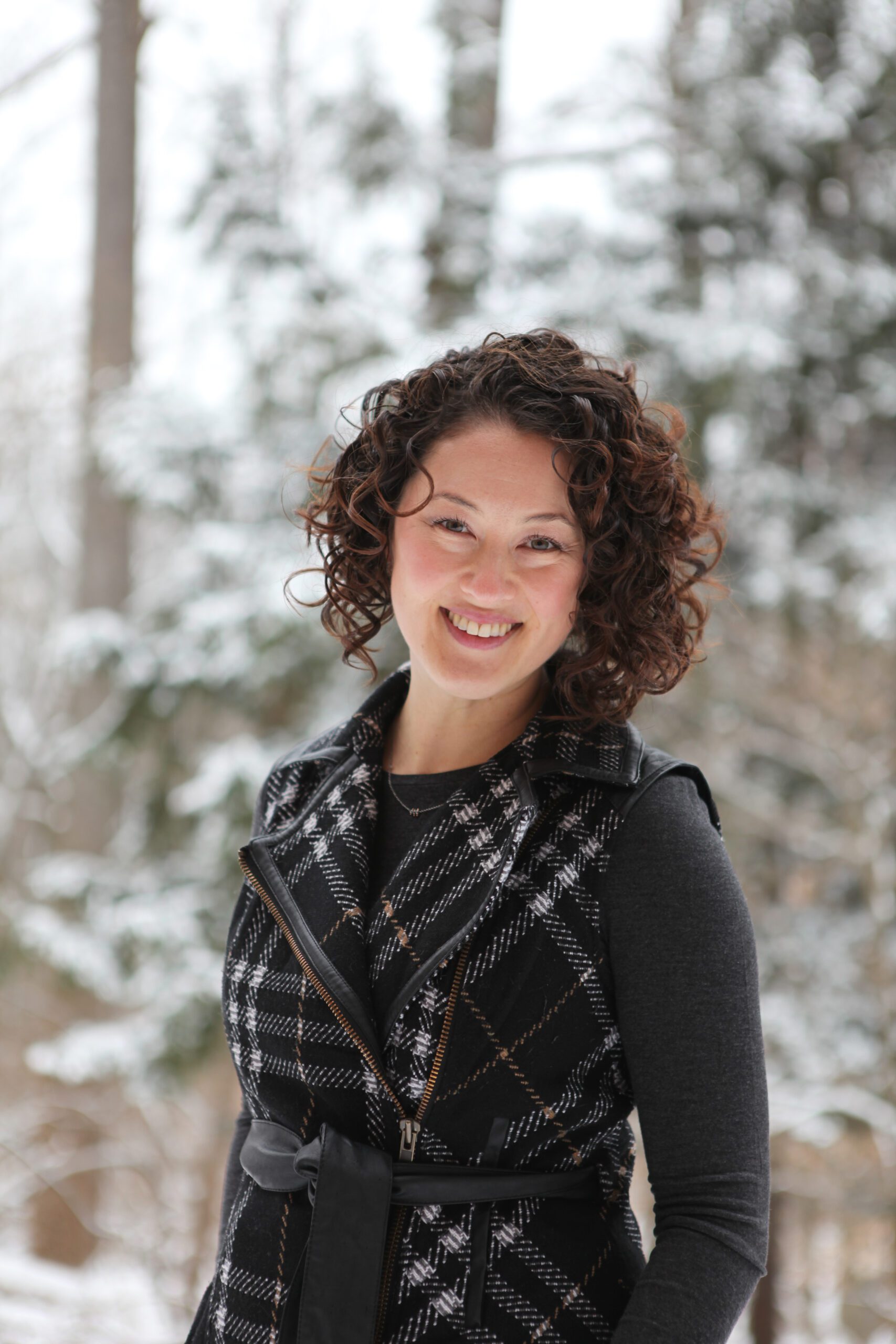
Module 3- Interpreting Strategies for Individuals with Atypical Language
Su Kyong Isakson, MA, NIC, Ed:K-12, is an Associate Professor in the Interpreter Preparation Program at the Community College of Baltimore County in Catonsville, MD where she has been faculty since 2016. She began her interpreting career in 2009, having worked in community, education, conference, performance and business settings. Graduating in 2016 from Western Oregon University’s Masters in Interpreting Studies program with an emphasis in teaching, her area of interest includes curriculum design and teaching strategies of heritage signers of ASL in ASL and interpreter training programs, as well as the sociocultural impacts of professional identity development among Coda interpreters. The daughter of Deaf South Korean immigrants; Su Kyong’s heritage languages are Korean Sign Language, American Sign Language and Korean. Her contributions include Heritage signers: language profile questionnaire (2016), and The Case for Heritage ASL Instruction for Hearing Heritage Signers (2018), “Between Two Worlds, I am Whole” in We are Codas -Between the world of hearing and the world of silence (pp. 347-388) an anthology of South Korean Coda stories, and Infusing Social Justice in Interpreter Education (2023). Ms. Isakson is co-founder of The Coda Network, an online learning community for Codas seeking personal and professional development.
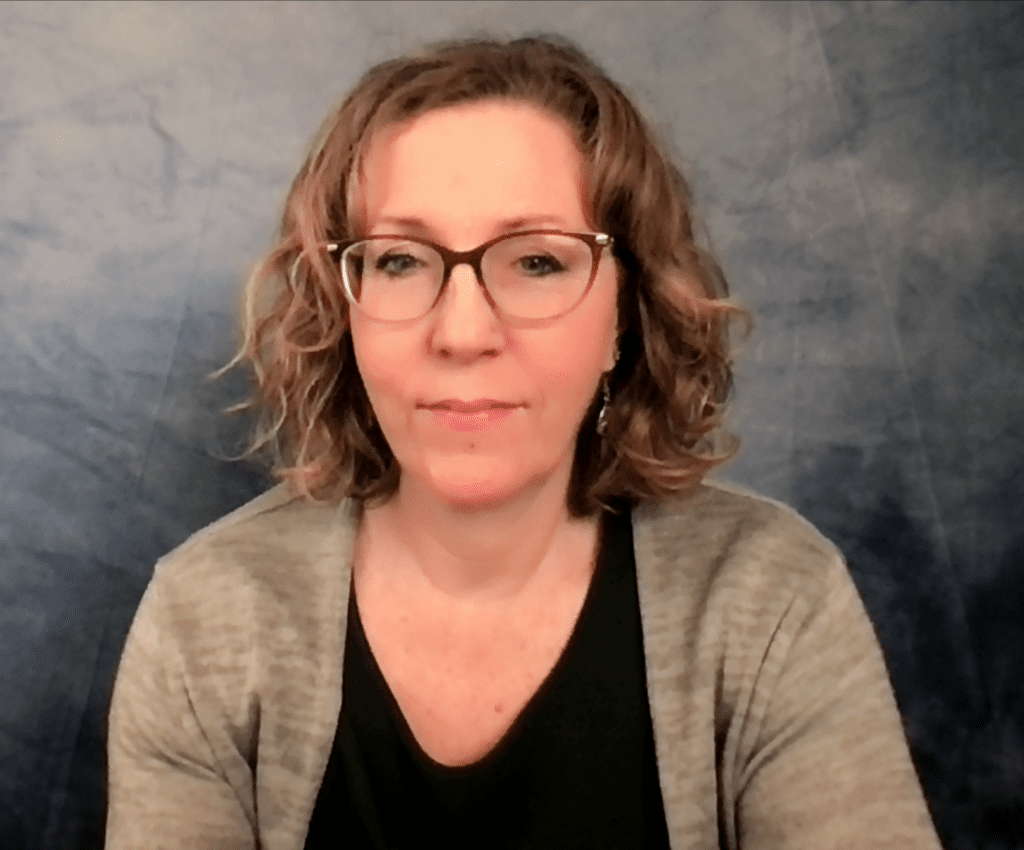
Module 4– Decision Points: Working with Diverse Consumers Exhibiting Atypical Language
Lori Whynot, PhD, CI, CT, SC:L, began interpreting professionally in 1990 and is qualified in ASL-English by the US Registry of Interpreters for the Deaf (RID) and in Auslan-English by the National Accreditation Authority of Translators and Interpreters (NAATI) in Australia. She earned a PhD in Linguistics from Macquarie University in Sydney, Australia and a Master’s degree in Intercultural Relations from Lesley University, Cambridge Massachusetts. Dr. Whynot is a Professor and Director of the Northeastern University ASLIE program and previously taught interpreting at Gallaudet University. She has contributed to the advancement of sign language interpreting through teaching and practice, mentoring, and professional leadership in Massachusetts, Washington, DC, California, and in Melbourne and Sydney Australia. In 2013-2014, Dr. Whynot led a committee of the Australian Sign Language Interpreters’ Association (ASLIA) working with the National Authority on the Accreditation of Interpreters and Translators (NAATI) to establish the recognition and qualification of Deaf Interpreters in Australia. She is the author of a book chapter about interpreting mentorship and the book, Understanding International Sign by Gallaudet University Press– an inquiry into the structures and sociolinguistic factors for International Sign comprehension. Lori’s research interests are in corpus-based sign language documentation and interpreting in situations where sign language use is unconventional (i.e. mixed language contact settings).
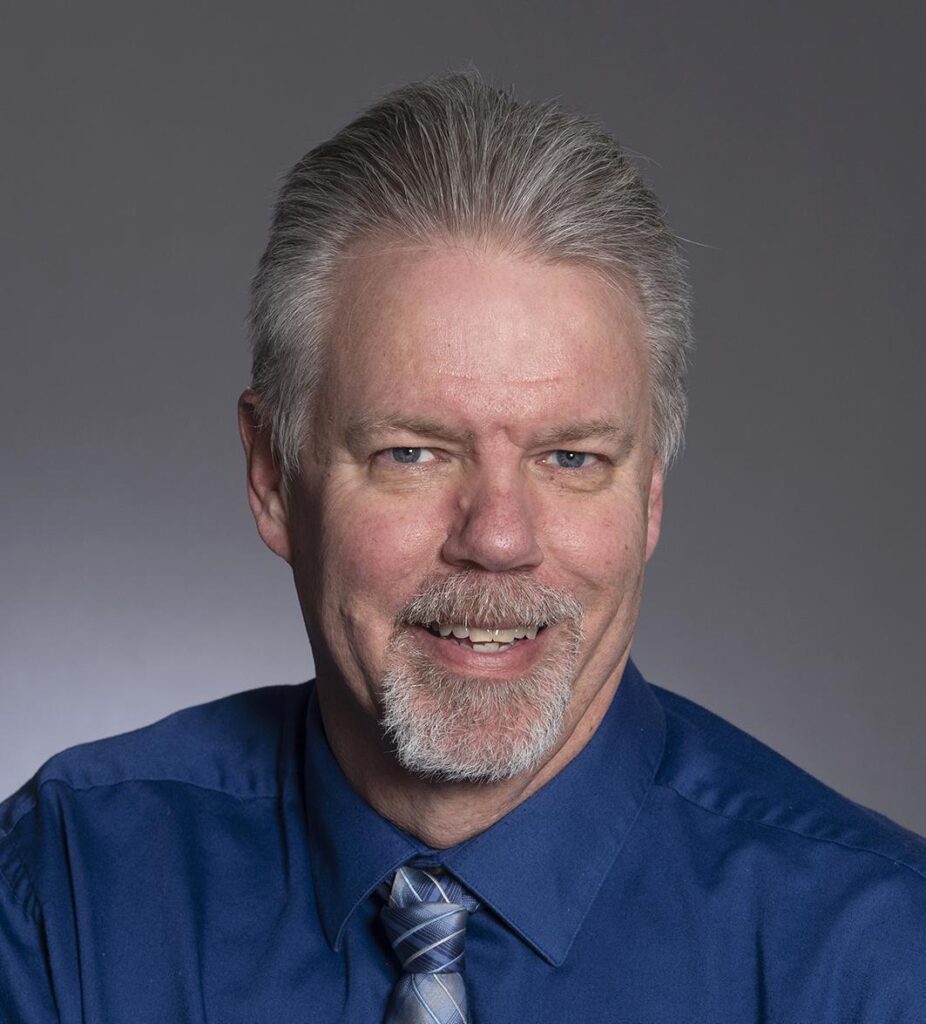
Supervising Partners Module
Keven Poore, MA, CDI, CASAC II, is the Director of Substance and Addiction Intervention Services for the Deaf (SAISD) at NTID. He started there in June of 2017 after 7 years as a full time freelance Certified Deaf Interpreter in the Philadelphia area. He received his Masters in Mental Health Counseling from Gallaudet University and has provided mental health and chemical dependency services for 20 plus years. He has provided workshops on interpreting – primarily on Behavioral Health interpreting, Deaf Interpreting and Deaf/Hearing Interpreting Teams. He was the content expert in two online modules, one with CALI and the other with CATIE Center’s Introduction to Addiction and Recovery Interpreting. With CALI, he has facilitated the Supervising Partner Module since 2020 and PAVE since 2023. Keven is part of the NTID ASL and Interpreter Education (ASLIE) program’s Advisory Group. At NTID, he also is an instructor in ASLIE’s Certificate in Healthcare Interpreting program and Certificate In Deaf Interpreting program. He is also the co-chair of the Test Development Committee under CASLI.